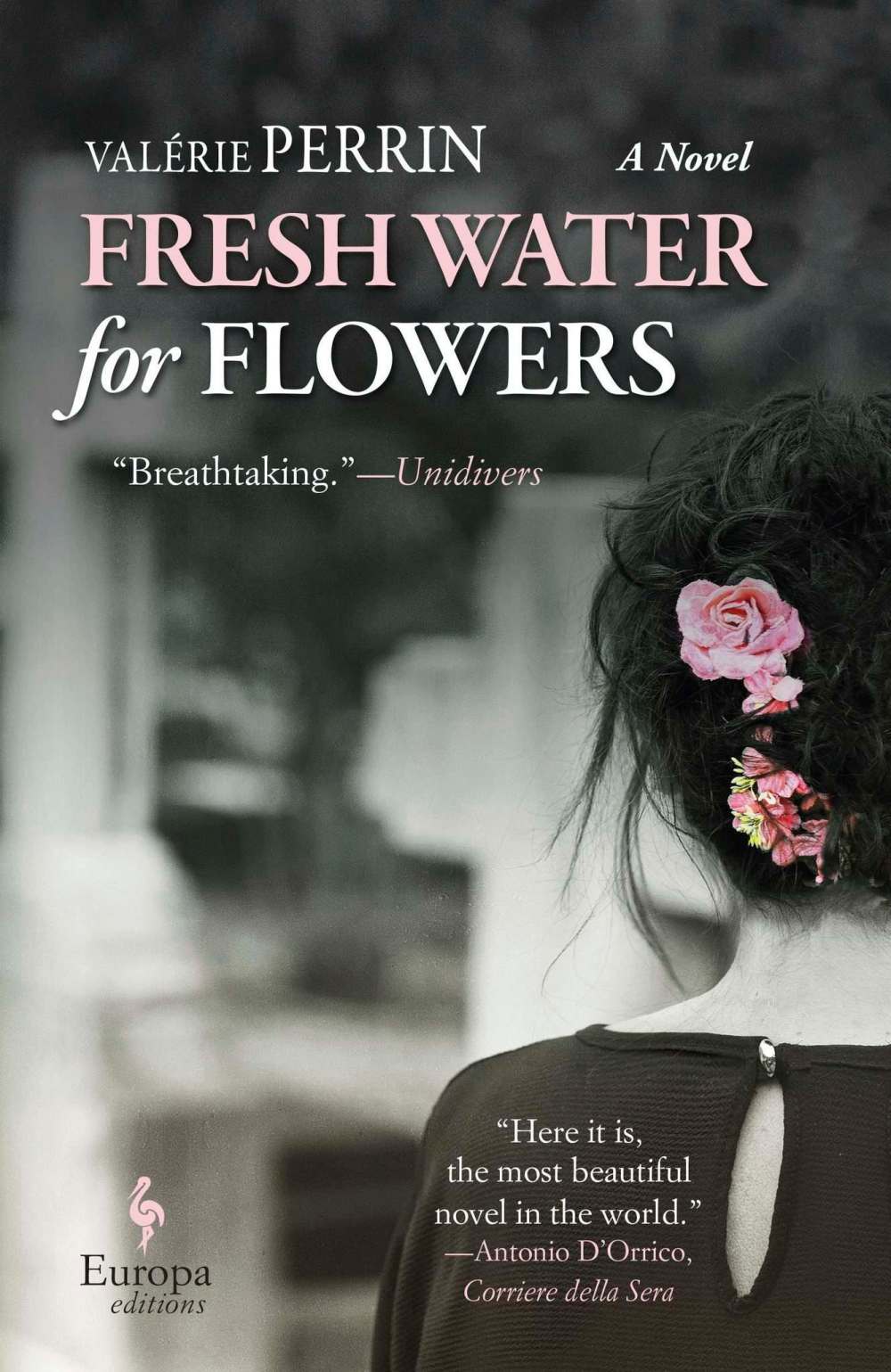Woman seeks solace in French cemetery
Advertisement
Read this article for free:
or
Already have an account? Log in here »
To continue reading, please subscribe:
Monthly Digital Subscription
$0 for the first 4 weeks*
- Enjoy unlimited reading on winnipegfreepress.com
- Read the E-Edition, our digital replica newspaper
- Access News Break, our award-winning app
- Play interactive puzzles
*No charge for 4 weeks then price increases to the regular rate of $19.00 plus GST every four weeks. Offer available to new and qualified returning subscribers only. Cancel any time.
Monthly Digital Subscription
$4.75/week*
- Enjoy unlimited reading on winnipegfreepress.com
- Read the E-Edition, our digital replica newspaper
- Access News Break, our award-winning app
- Play interactive puzzles
*Billed as $19 plus GST every four weeks. Cancel any time.
To continue reading, please subscribe:
Add Free Press access to your Brandon Sun subscription for only an additional
$1 for the first 4 weeks*
*Your next subscription payment will increase by $1.00 and you will be charged $16.99 plus GST for four weeks. After four weeks, your payment will increase to $23.99 plus GST every four weeks.
Read unlimited articles for free today:
or
Already have an account? Log in here »
Hey there, time traveller!
This article was published 29/08/2020 (1912 days ago), so information in it may no longer be current.
Violette Toussaint’s self-esteem is so low, she describes herself as “drab, grey and dilapidated. Ready to be dismantled and thrown into an ossuary.” Outwardly, her negative outlook might be associated with her work as a cemetery keeper, but it actually began much earlier than when she took up tending for the dead.
In Fresh Water for Flowers, a saga of a woman’s life from nothing to something, French novelist Valerie Perrin has created a story representative of many girls and women trapped by social and financial circumstances, victims who they think they have no way out yet who are resilient and accomplished without realizing it.
The plot has soap-opera elements, but is nevertheless a familiar read with sympathetic characters — even the bad ones.

It’s a pleasant irony that in a place where scenes of grief are played out every day, Violette finds a supportive family in the unique personalities of the grave-digging crew and the local priest. She also finds contentment by offering kindness and coffee to the bereaved. Her journey to this place in rural Burgundy has taken a lifetime — not a long life, but one marked by abandonment as a child and a plunge into a relationship with the first person to pay her attention, “one of those swans that are handsome on water and yet wobble on land.”
Fairly quickly, she is overwhelmed by her partner’s selfishness. When she becomes pregnant, she assumes her fate is sealed.
Symbolically, the couple take jobs as attendants at a level railway crossing, where she does all the repetitive, predictable work, raising the barrier on a road like clockwork several times a day. Trains carrying happy people on vacations and adventures pass safely — Violette, meanwhile, watches and can only imagine.
The move to the cemetery takes place after the tragic death of her young daughter, Violette’s only joy. Abandoned by her husband, she settles into an accepted routine when a detective shows up, puzzled by instructions to place his mother’s ashes on the grave of someone he’s never heard of.
Perrin begins each chapter with a poignant saying related to remembrance. She spools out the plot in short bits of memory and flashback, interspersed by present events pushing the characters forward. In stops and starts, Violette and the detective uncover many truths.
In the pain of discovery, they and other characters learn that blame can’t necessarily be assigned. They also learn they can decide to step out from roles assigned them by circumstance. How they handle the revelations determines their futures.
Perrin is a photographer who also co-writes screenplays with her husband, director Claude Lelouch. Her first novel, Les Oublies du dimanche (The Forgotten Sunday), published in 2015, received positive reviews and recognition for addressing the transmission of memory between generations.
Her style has a melancholic tone, with lots of details about Violette’s devotion to her community of tombs and the families who come to mourn. Violette’s garden and home decorations form an important part of building her own identity. There is also humour within sadness; the subsidiary characters especially have foibles that relieve the weight Violette continually bears.
Fresh Water for Flowers reminds readers of the damaging effects of class distinctions and of how secrets protecting established norms affect people’s lives. Violette’s experience also shows how ideas have changed over only a few decades.
Fiction aficionados may note the strains of violins in the background; Perrin offers a nod to the obvious comparisons with the tearjerking film version of The Bridges of Madison County. In the context of changes in society, that’s not a bad thing.
Harriet Zaidman is a children’s and freelance writer in Winnipeg. Her middle years novel, City on Strike (2019) is published by Red Deer Press.


